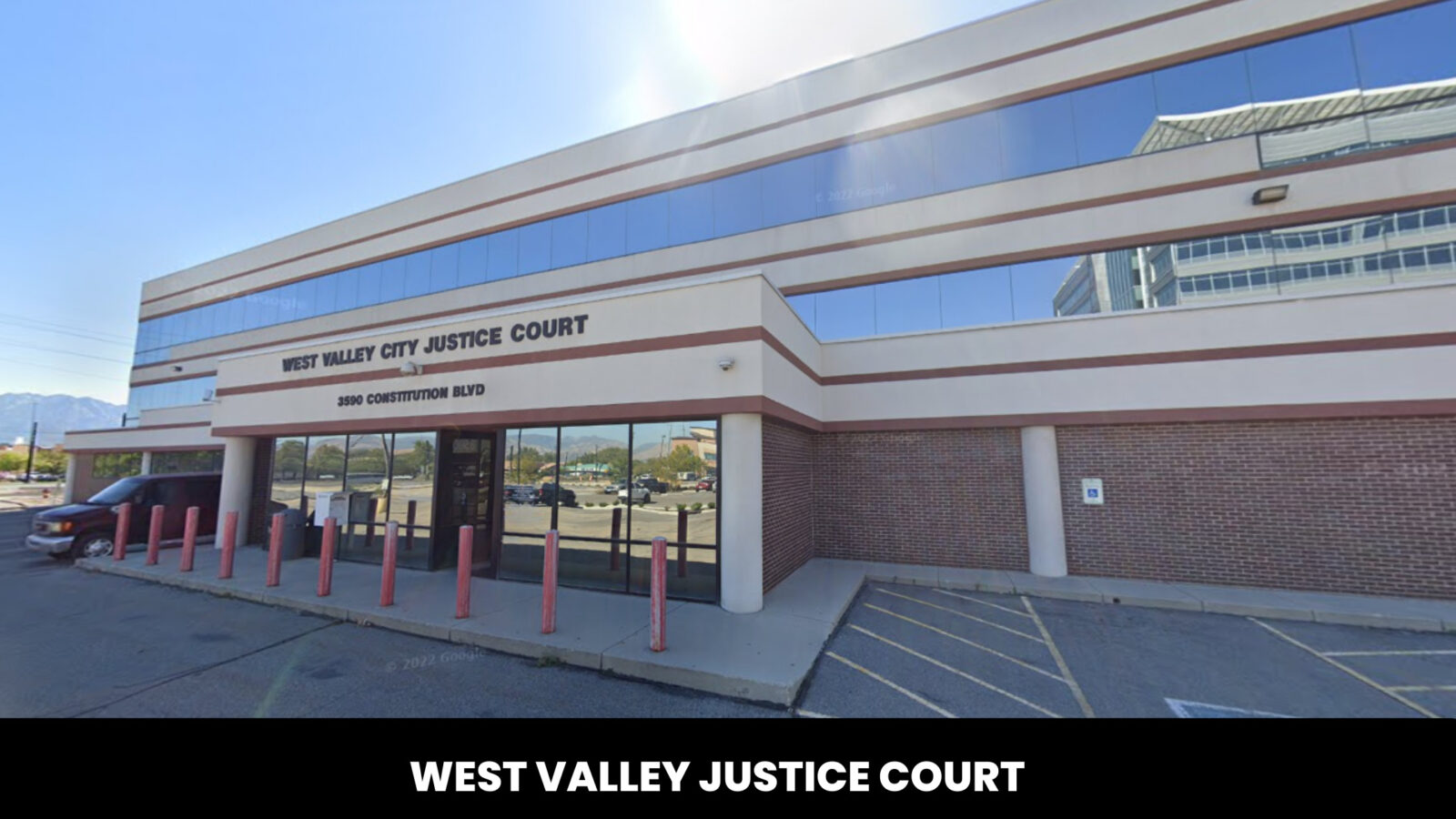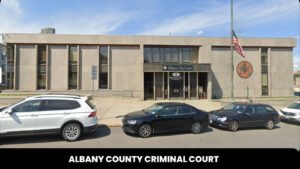west valley justice court
Time
Working Hours:
Monday:
8 am–4:30 pm
Tuesday:
8 am–4:30 pm
Wednesday:
8 am–4:30 pm
Thursday:
8 am–4:30 pm
Friday:
8 am–4:30 pm
Saturday: closed
Sunday: closed
Connect with a Attorney
Welcome to this article about the West Valley Justice Court, an essential institution within the legal system. In this piece, we will explore its significance, functions, and how it impacts the community. If you’re interested in learning about the workings of this court and its role in the justice system, you’ve come to the right place!
Overview of West Valley Justice Court
The West Valley Justice Court is a pivotal part of the judicial system, serving a specific geographic area, typically within a county or district. Its primary focus is to resolve various legal matters efficiently and justly. This court handles cases that are more localized, making it accessible and convenient for the residents of its jurisdiction.
Jurisdiction and Location
The West Valley Justice Court exercises its authority over a designated region, ensuring that legal disputes are resolved within that area. This jurisdictional boundary is typically determined by geographic boundaries or other factors, such as the type of case being heard. The court’s location is strategically chosen to be easily accessible to the public, aiming to minimize travel inconveniences for all parties involved.
Court Structure and Judges
The court’s structure is designed to handle a diverse range of cases effectively. There are typically multiple judges, each with expertise in specific areas of law. They preside over cases impartially, ensuring fair trials and hearings. The judges’ responsibilities involve interpreting the law, making decisions, and issuing judgments based on the evidence presented during proceedings.
Types of Cases Handled
The West Valley Justice Court deals with various types of cases, including civil disputes, small claims, traffic violations, and criminal offenses. These cases are generally less complex and involve lower stakes compared to those heard in higher-level courts. The court’s focus on localized matters makes it an essential institution for addressing everyday legal issues faced by community members.
Filing a Case in West Valley Justice Court
Initiating a case in the West Valley Justice Court involves submitting the necessary documents and fees to the court clerk. It is essential to follow the proper procedures and guidelines to ensure that the case is accepted and processed promptly. The court staff is available to assist individuals in navigating the filing process and answering any questions they may have.
Court Procedures and Hearings
Once a case is accepted, the court sets a date for the hearing or trial. During the proceedings, all parties present their arguments and evidence to support their claims. The court ensures a fair and transparent process, allowing each side to present its case and cross-examine witnesses. The judge carefully considers the facts and applicable laws before rendering a decision.
Legal Representation
Individuals involved in cases at the West Valley Justice Court have the option to be represented by an attorney. While legal representation is not mandatory in all cases, having a lawyer can be beneficial, especially in complex matters. Attorneys provide legal expertise, advocate for their clients’ rights, and help navigate the intricacies of the legal system.
Mediation and Alternative Dispute Resolution
In some cases, the court may offer mediation or alternative dispute resolution (ADR) as a means of resolving conflicts outside of traditional court proceedings. Mediation involves a neutral third party facilitating discussions between the parties to reach a mutually agreeable solution. ADR methods can help save time and resources while promoting amicable resolutions.
Sentencing and Penalties
When the court reaches a decision in a case, it imposes appropriate penalties or sentences for those found guilty. These penalties may include fines, community service, probation, or other consequences deemed necessary for justice to be served. The court aims to balance punishment with rehabilitation, promoting the rehabilitation of offenders and community safety.
Resources for Defendants and Litigants
The West Valley Justice Court provides resources to support defendants and litigants throughout the legal process. These resources may include informational guides, online tools for accessing case information, and assistance for those who cannot afford legal representation. Ensuring access to information and support helps promote a fair and equitable judicial system.
Community Outreach and Programs
Beyond its regular functions, the West Valley Justice Court actively engages with the community through outreach programs. These programs aim to educate the public about the legal system, their rights, and available resources. By fostering understanding and cooperation, the court strengthens its ties with the community it serves.
Search Court Case Records
One of the crucial online resources is the ability to search court case records. The Utah Court Case Records system offers a paid subscription service that allows you to access District and Justice Court case records. Subscribers can also find case summaries within the subscription, and document images can be purchased separately. This service provides valuable information and insights into ongoing or past legal cases.
Dockets, Calendars, and Other Case Information
For those interested in court schedules and upcoming hearings, the Utah Court Calendars provide a convenient way to access District and Justice Court calendars by location. Additionally, the 7th Judicial District Court schedule of law and motion days is available for reference. Staying updated on court schedules can help parties involved in legal proceedings prepare and plan accordingly.
Forms and Related Information
Utah offers comprehensive online resources for court forms and related information. The West Valley City Justice Court Small Claims Forms and Information page allows individuals to view and download forms specific to small claims cases. For a more extensive selection, the Utah Court Forms Assistance platform enables users to prepare various court forms online through an interactive program. This includes forms for domestic cases, guardianship, landlord-tenant disputes, and more. Registration for the service is required, but both registration and form preparation are free.
Utah Court Forms
If you require court forms for a broader range of case types, the Utah Court Forms page provides a comprehensive collection. The forms are organized by case type, making it easy to find the specific form you need. Whether you are dealing with criminal justice, family law, probate matters, or other legal issues, this resource simplifies the process of obtaining the necessary documents.
Online Fine Payments
To streamline the fine payment process, Utah offers an online platform for paying District Court and Justice Court fines and other payments. You can search for your case using the case number and court name or by citation number. The system also allows for Juvenile Court payments to be made using case number, name, and date of birth.
Self-Help, Legal Research, and General Information
For those seeking self-help resources and general legal information, various platforms offer valuable insights. The Salt Lake City Prosecutor’s Office Programs and Information page provides answers to frequently asked questions, information about expungement of records, and relevant programs. Utah Foreclosure Prevention Resources offers resources to prevent foreclosure in Utah, including links to local housing counseling agencies and legal aid providers.
Law Libraries and Legal Research
Law libraries can be invaluable resources for legal research and information. The Howard W. Hunter Law Library at Brigham Young University’s J. Reuben Clark Law School and the James E. Faust Law Library at the University of Utah’s S.J. Quinney College of Law are both excellent sources for legal materials, services, and online catalogs.
Utah Alternative Dispute Resolution
If you prefer to resolve disputes through mediation or arbitration, Utah offers alternative dispute resolution programs in its courts. These programs can help parties reach amicable solutions without going to trial. Information about mediation and arbitration programs, as well as rosters of mediators and arbitrators, are available through the provided links.
Utah Court Guides and Rules
To better understand the Utah court system, you can access guides and court rules. These include a version in Spanish and a guide to Juvenile Courts. The court rules cover various aspects, such as civil procedures, small claims, alternative dispute resolution, criminal procedures, juvenile matters, evidence, and rule changes.
Additional Resources and Support
Utah residents can find additional resources for driver licenses, DUI procedures, historical legal information, definitions of common legal terms, and legal assistance for various topics. Utah Legal Services provides information on domestic violence, family law, consumer issues, bankruptcy, housing, public benefits, elder law, and estate planning. The Utah State Law Library also offers valuable information and links to additional online legal research resources.
Conclusion
The West Valley Justice Court plays a crucial role in the local legal landscape, providing accessible and efficient resolutions to various legal matters. Through fair hearings, transparent procedures, and community outreach, the court contributes to a more just and informed society. By understanding the functions and significance of this court, individuals can better navigate the legal system when needed.
Frequently Asked Questions
- Is legal representation required for cases in the West Valley Justice Court?
- No, legal representation is not mandatory, but it is recommended, especially in complex cases.
- What types of cases are heard in the West Valley Justice Court?
- The court handles civil disputes, small claims, traffic violations, and certain criminal offenses.
- How can I file a case in the West Valley Justice Court?
- You can initiate a case by submitting the necessary documents and fees to the court clerk.
- What are the penalties for those found guilty in the West Valley Justice Court?
- Penalties may include fines, community service, probation, or other appropriate consequences.
- Does the West Valley Justice Court offer mediation services?
- Yes, the court may offer mediation or alternative dispute resolution in certain cases.






